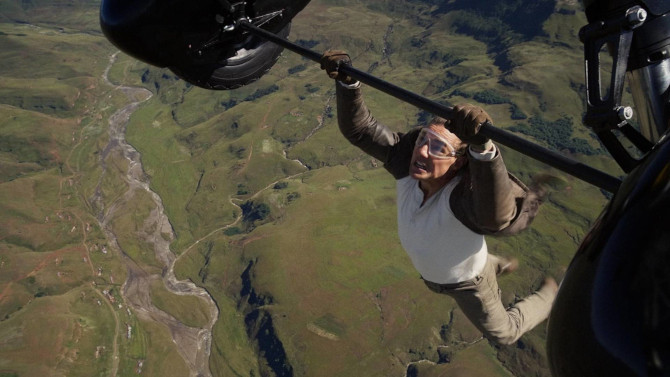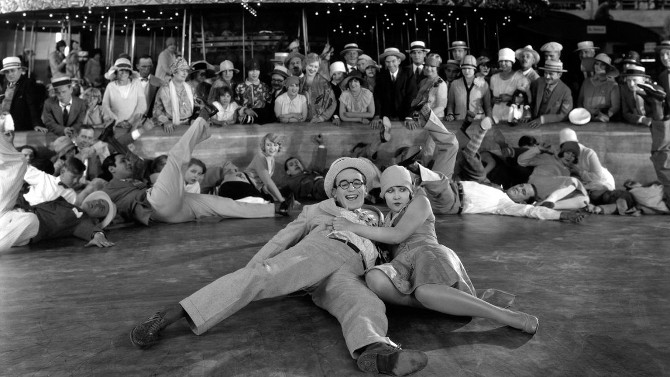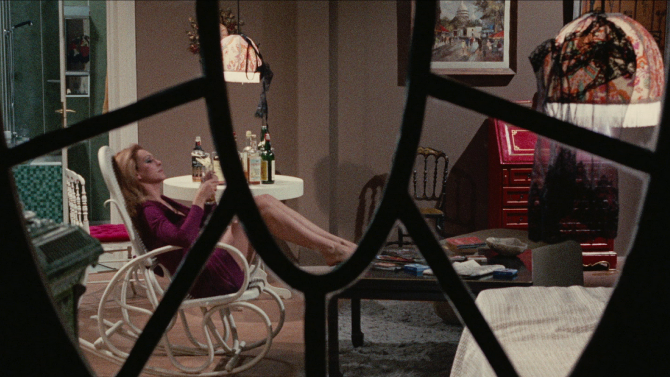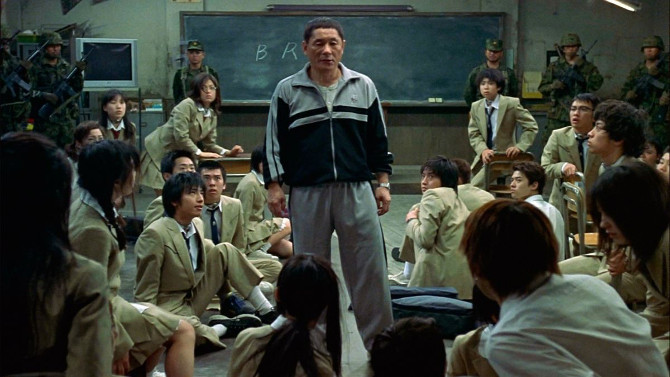
An Impossible Mission
How do you wrap up a franchise like Mission: Impossible? That is, if this even is the final installment... as they’ve made it sound (while at the same time, stars not named ‘Tom Cruise’ pipe up and suggest that might not be so). It has been twenty-nine years, with different writers and visionary directors – from twisty Brian De Palma and the action hair stylings of John Woo, to the lens flares of J.J. Abrams and animation expert Brad Bird, it was only about ten years ago that the franchise decided to opt for The Usual Suspects scribe Christopher McQuarrie for the final four. To return to that opening question once more, you could end with a Sopranos’ style cliffhanger, simply make another entertaining movie like the many before – like Everybody Loves Raymond did it with its final episode, or try to tie everything up in a neat little bow by bringing everything together as the Daniel Craig era did with James Bond. Well, it is definitely more along the lines of the latter example, with some distinct differences.
-

Need for Speedy
SpeedyMarch 12, 2017An unbelievable look back at 1920's New York City, Harold Lloyd’s final silent feature, 1928's Speedy, depicts The Big Apple in all of its hopeful Jazz Age glory. Featuring mind-boggling action and footage shot around the city, including old Yankee Stadium, down Broadway at beautiful Bowling Green, Coney Island in all of its former glory (Luna Park is on full display – it was ravaged by fire in 1944 and closed for good in 1946), Union Square in Manhattan, a ridiculous stunt in Washington Square Park as well as under the Brooklyn Bridge, and so many other places, it is a sweeping look at a city that has changed so very much over the ninety years since it was filmed there. The portion set near Sheridan Square in Greenwich Village (which is actually mostly an intricate set that Lloyd built in Hollywood), features a slower paced part of the city. With it having the last remaining horse-drawn streetcar route remaining, it highlights the final place in the metropolitan that has not been replaced by the hustle and bustle of the modern age. The streetcar owner is Pop Dillon (Bert Woodruff), whose granddaughter is Jane (Ann Christy), a young woman who is dating the job hunting Harold ‘Speedy’ Swift (Lloyd) – an ardent Yankees fan.
-

A Trip Down Memory Lane
The Lady in the Car with Glasses and a GunMarch 10, 2017Though The Lady in the Car with Glasses and a Gun provides viewers with a pretty good idea of what the basic plot may be about, it is much more difficult to pin down. The French film, directed by Joann Sfar, is rather divisive, the type of love it or hate motion picture that is rarely made in this day and age. A beautifully visual dreamscape of a film, it pays tribute to surrealist movies of both the silent era as well as the sixties and seventies. Think Belle de Jour and Valerie and her Week of Wonders. It is also somewhat like a neo-noir, as well as an old school mystery thriller, à la Diabolique or Vertigo. Sfar utilizes a bevy of shots, angles, split-screens and other pieces of cinematic trickery to draw us in. It is like watching something made by Brian De Palma, Luis Buñuel and Alfred Hitchcock – clear aspects of each director can been seen, creating a certain visual aesthetic (we may have to throw in a little Guy Ritchie to boot). It bounces around in your head, bringing to mind horror (gothic and Giallo), fantasy, crime, drama, while also having a sort of fetishist vibe – on top of all of the other things mentioned above.
-

A Red Herring a Day Keeps the Eye Doctor Away
Death Walks on High HeelsMarch 7, 2017Maybe some of you have come across the term Giallo before. A type of Italian thriller that bubbled up in the sixties, it became very popular in ‘The Boot’ at the beginning of the 1970s. Filmmakers and screenwriters fused noirish murder mystery and tense thrills – usually with high doses of violence and more than suggestive nudity to create a crime or horror leaning story that could both scare and titillate its audience. Think of it kind of like when pulp fiction meets slasher film. One example that actually shows ‘some’ restraint in both of the above categories is Luciano Ercoli’s 1971 motion picture, Death Walks on High Heels. With definite connections to Alfred Hitchcock (Vertigo, Psycho) and many other thrillers of the past, as well as bringing to mind the 80's work of Brian De Palma (specifically Dressed to Kill and Body Double), the sordid tale follows a sultry stripper by the name of Nicole Rochard (credited as Susan Scott, a model who used the stage name instead of her original Spanish one, Nieves Navarro).
-

Not Your Everyday Mechanic
The MechanicMarch 5, 2017Alfred Hitchcock once said "if it’s a good movie, the sound could go off and the audience would still have a perfectly clear idea of what was going on". A perfect example of this is the first sixteen minutes of the 1972 action film The Mechanic. Directed by Michael Winner and starring Charles Bronson (the pair, who had made one film previously, would go on to make a total of six together), the plot follows an aging hit-man in Los Angeles. The opening sixteen minutes is a masterclass in patience, restraint and telling a visual story, without any dialogue. We watch as the man, named Arthur Bishop, intricately plans his next kill. No dialogue is needed to make this an effective scene, as it captures a tense atmosphere and places us in the mind set of our lead, as we now know that he has a deft touch at killing and is not to be messed with. It is a bold choice to open a movie and it is all the richer for it.
-

The Final Countdown
Battle RoyaleMarch 3, 2017A violent dystopic vision of the future, Kinji Fukasaku’s 2000 feature film Battle Royale sets up a scenario in which adults do not trust children – as a lack of jobs, student protests and many other ominous happenings have led to the government passing the controversial BR Act. Selecting one class each year, the students will be transported to an uninhabited island where they will have to duke it out until only one teen is left alive. A more intense, visceral example of The Hunger Games, it is set up to quash the idea of rebellion, dissidence and youthful exuberance – a horrific example of a totalitarian government with no scruples when it comes to curtailing the behaviour of its people.
-

Night Moves
Nocturnal AnimalsFebruary 28, 2017Some of you may recall famous clothing designer Tom Ford deciding to enter into the world of film making back in 2009. Though some were sceptical, his first foray into the movie business was a huge critical success, as A Single Man became one of the most lauded pictures of the year. Now seven years on, the choosy, multi-talented man has finally found another project that has piqued his interest. Based upon Austin Wright’s 1993 novel "Tony and Susan", Ford adapted it, changing the title to Nocturnal Animals. A complicated, three pronged tale, the story, at least in the real world, follows a wealthy art gallery owner named Susan Morrow (Amy Adams), a cold, calculating woman, who, despite seemingly having everything (a handsome husband named Hutton – Armie Hammer, a beautiful Hollywood hills house, good looks, and money), is empty and dead inside.
